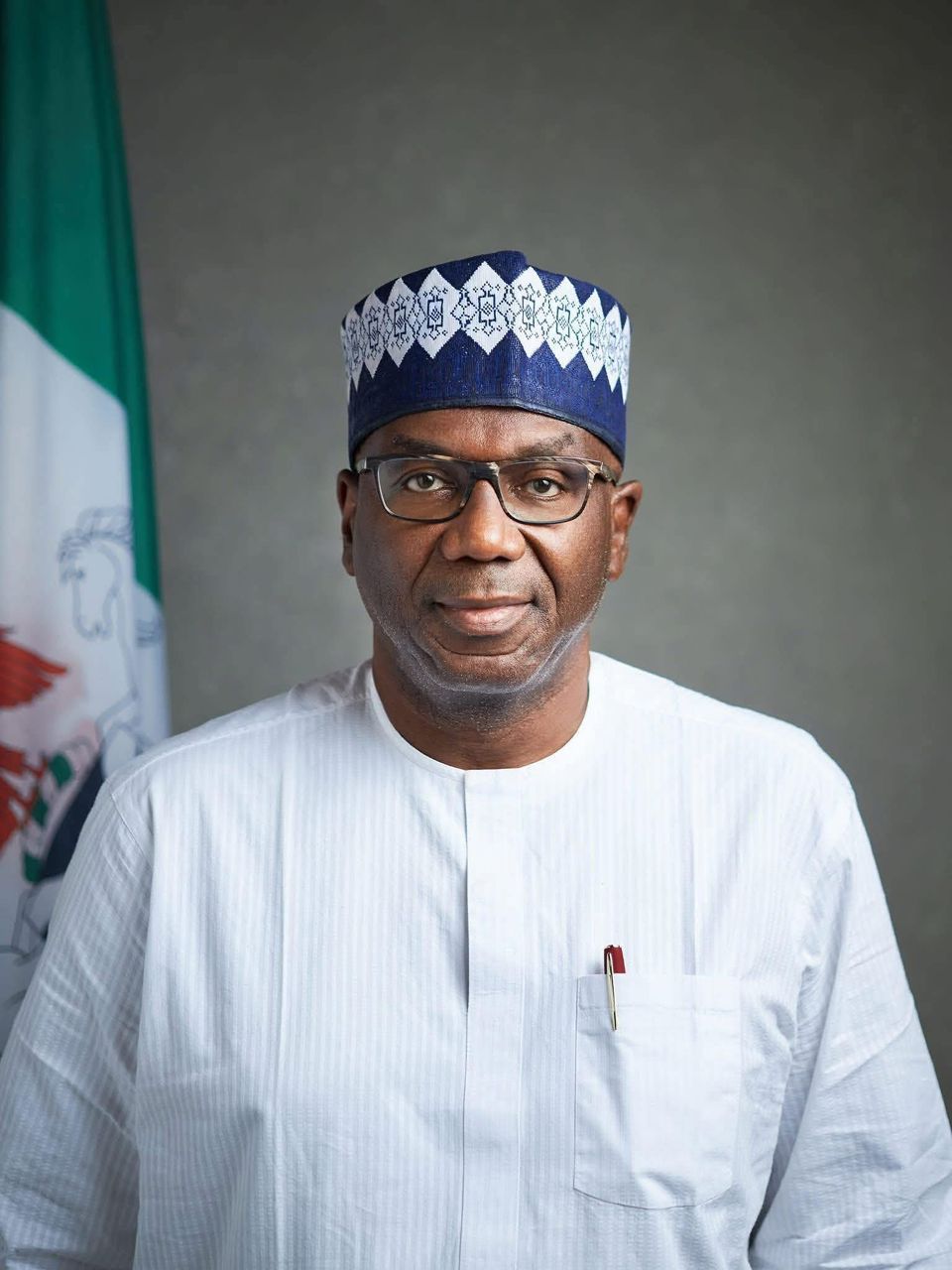Teachers in North Central Nigeria have taken a step towards modernising education by incorporating Artificial Intelligence (AI) into their classrooms. The initiative is part of a workshop organised by the Brain Builders Youth Development Initiative (BBYDI), aimed at empowering educators with digital skills for inclusive education.
Under the theme ‘Empowering Teachers for Inclusive Education through Digital Skills and Artificial Intelligence’, the workshop brought together educators, AI experts, and policymakers to explore how technology can enhance learning outcomes in the region.
BBYDI Global Director, Abideen Olasupo, described the programme as a key component of the organisation’s mission to merge AI with education to address challenges in the sector.
Facilitators highlighted AI’s capacity to personalise learning, simplify classroom assessments, and enhance teachers’ productivity. However, they also raised concerns about ethical challenges, including data privacy, bias, and over-reliance on AI, which could stifle creativity.
Sikiru Issah Nuhu, a lecturer at the Kwara State University, Malete, emphasised AI’s dual potential as a tool and a challenge. “AI can revolutionise classrooms, but it must be deployed responsibly to avoid reinforcing biases or undermining critical thinking,” he said during his session on harnessing AI for transformative learning.
The use of EdTech tools took centre stage in the second and third sessions, with facilitators Hanifat Balogun and Ridwan Olalere Aboki showcasing platforms such as Canva, Google Docs, and Kahoot. They also demonstrated how Virtual and Augmented Reality (VR/AR) could create immersive learning experiences for students, and how Learning Management Systems like Google Classroom streamline administrative tasks.
For many participants, the sessions provided hands-on opportunities to explore the technologies they will soon be introducing to their schools.
The workshop concluded with a syndicate session where teachers developed action plans to share their newfound knowledge with their colleagues. Plans include organising school-based training sessions, engaging school management, and partnering with ICT departments to ensure a smooth rollout.
While teachers acknowledged the possibility of initial resistance from peers, their optimism about AI’s potential to transform education was palpable. “We are ready to inspire change in our schools,” one of the participants said.
Educators also discussed the unique challenges of deploying EdTech in Nigeria, including limited access to reliable internet and the high cost of devices. BBYDI pledged to provide ongoing support, including resources and expertise, to help teachers overcome these barriers.
This workshop is part of a broader movement to prepare Nigerian educators for the realities of 21st-century classrooms. By leveraging AI, the programme aims to build an education system that is inclusive, adaptive, and responsive to the needs of all students.
As teachers return to their schools, their efforts could mark the beginning of a paradigm shift in Nigerian education, potentially influencing how technology is used across the continent.
Advertisement





